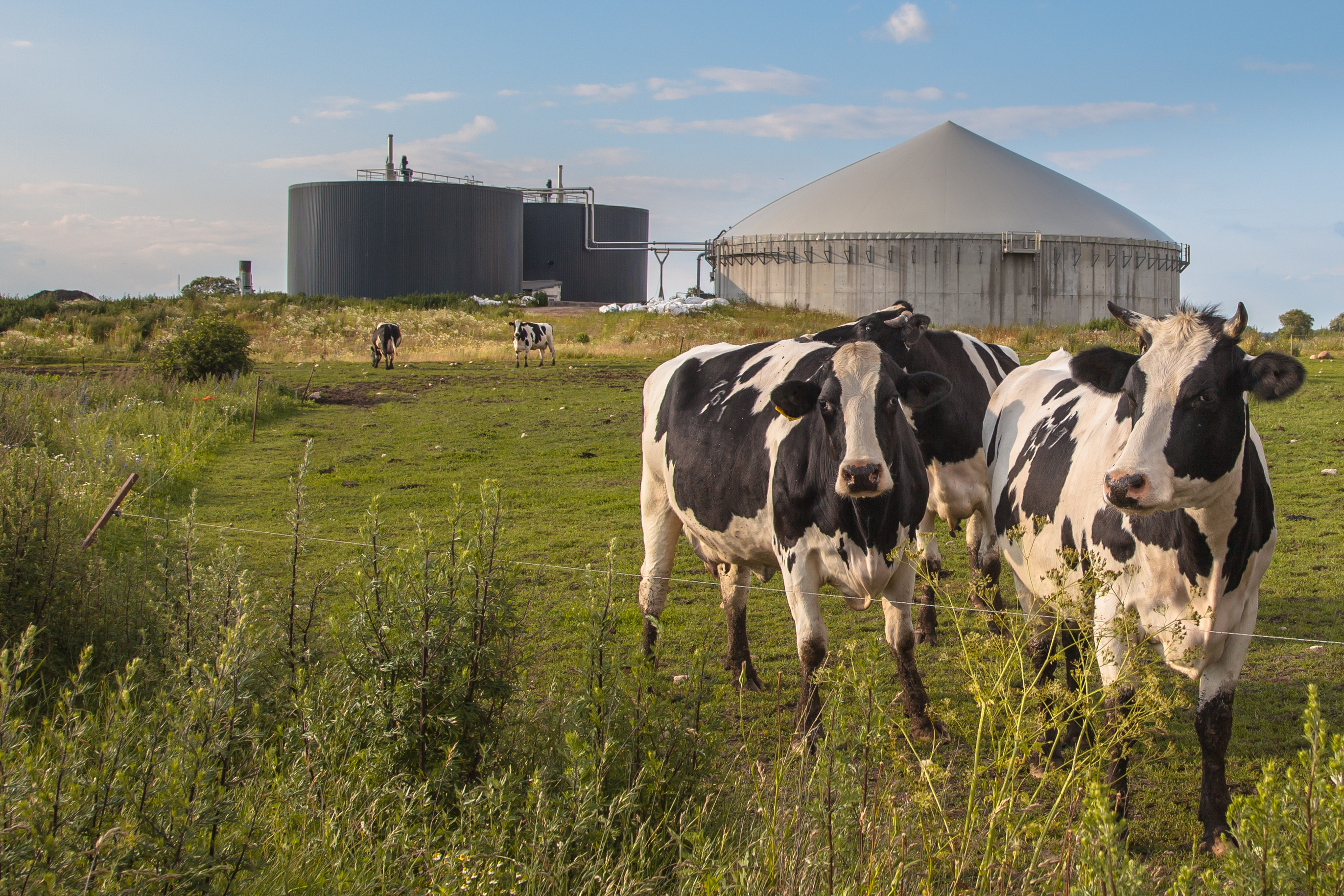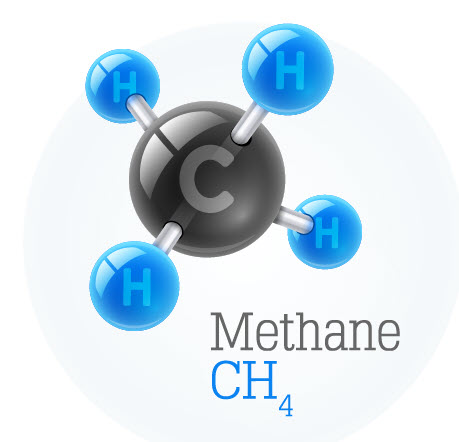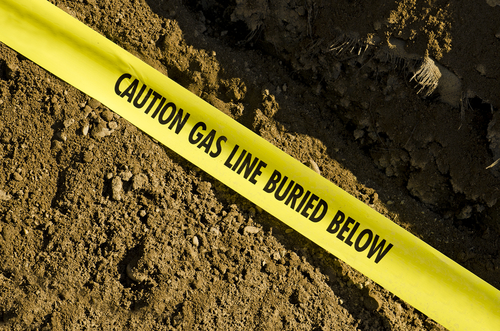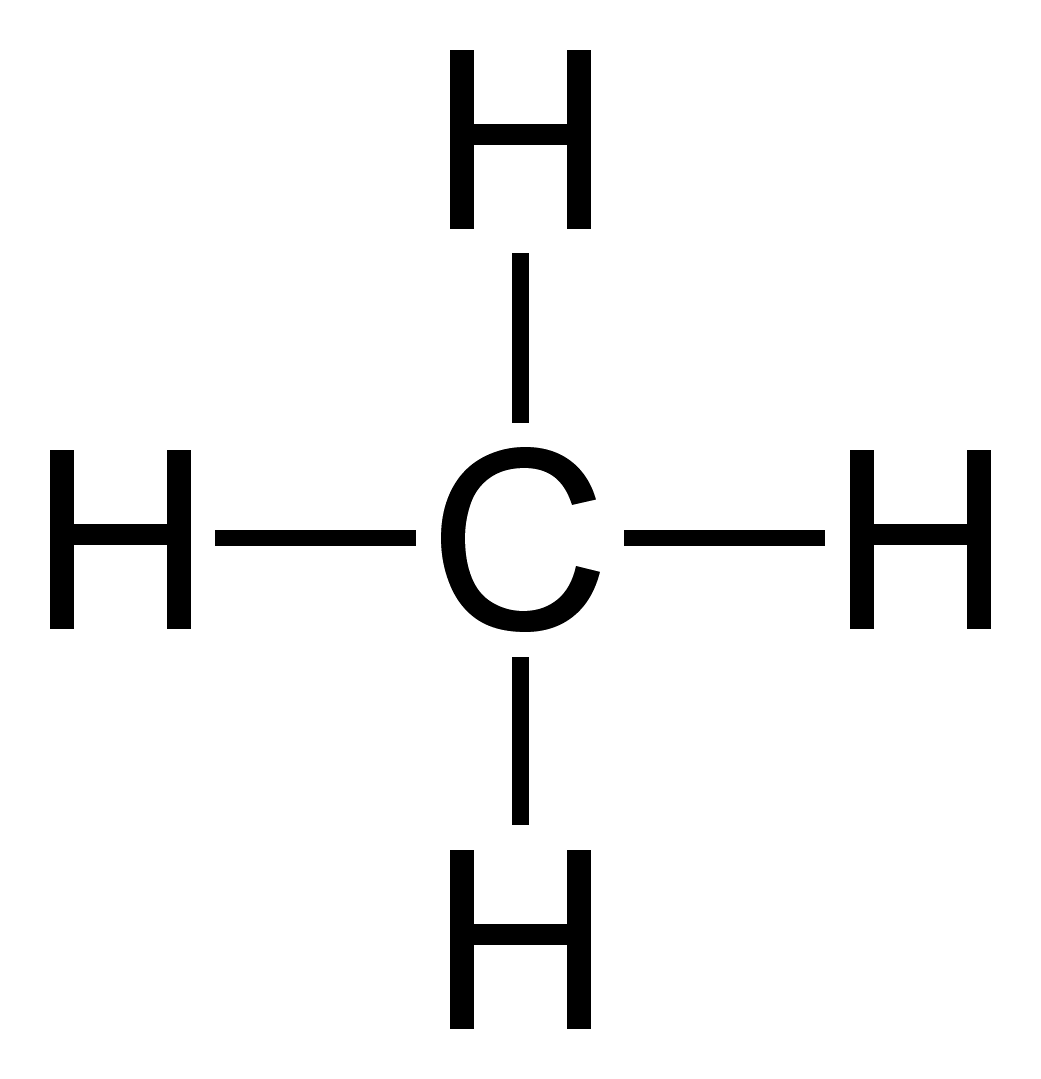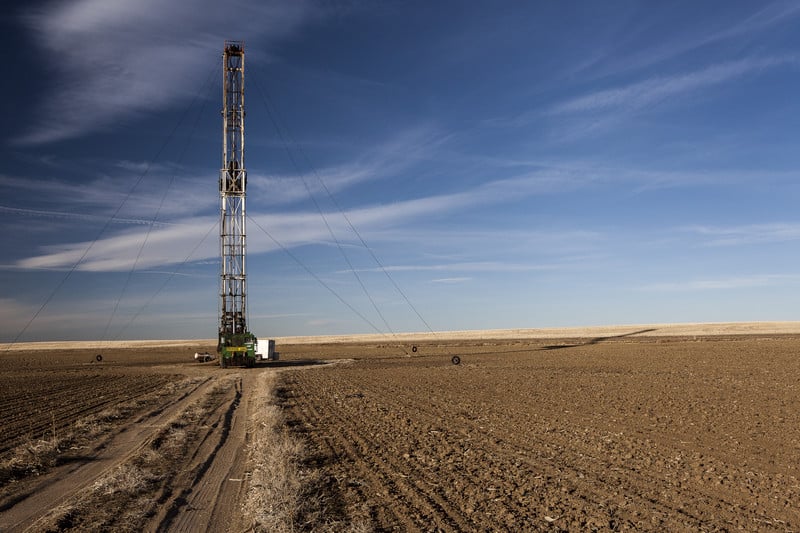This week, EPA Director Zeldin announced that the EPA would be rescinding the Greenhouse Gas Endangerment Finding. The Endangerment Finding states that certain gasses in the atmosphere pose an eminent risk to public health (carbon dioxide, methane, nitrous oxide, PFCs, HFCs, etc).
ESG & Industry Updates
EPA Announces intent to Rescind Greenhouse Gas Endangerment Finding
Posted by Kelly Burke on Aug 1, 2025 5:49:36 PM
Topics: EPA, methane, Carbon Emissions, HFCs, PFC, Trump Administration, Biden Administration, Inflation Reduction Act, ACT
Uncovering the Hidden Culprit of Urban Methane Emissions
When we think of methane emissions, our minds often leap to images of sprawling agricultural lands or the vast, mechanical expanse of fracking sites. Yet, nestled within the heart of our cities, an invisible culprit lurks—aging natural gas pipelines. A recent study by Harvard University sheds light on this urban nemesis, revealing that Boston alone loses a staggering 15 billion cubic feet of natural gas annually due to leaks. This isn't just a financial headache to the tune of $90 million each year; it's an environmental crisis, with urban leaks emerging as a significant source of methane emissions.
Topics: natural gas, Massachusetts, methane, environmental justice
The UN’s Climate Change Conference, or “COP28” Summit was held from November 30 through December 13th in Dubai, UAE. The Conference consisted of 150 heads of State and Government and 85,000 participants representing countries, organizations, etc. This year’s summit focused on where the world is in relation to the goals initially outlined in the Paris Agreement (forget what that is? Refresher here: LINK). Spoiler alert – the world is nowhere near achieving the goals outlined, and the focus became how the countries involved can speed up their action on climate change mitigation through multiple avenues.
Topics: methane, Climate Change, Carbon Emissions, renewable energy, paris accord
As we have been discussing, the US National Blueprint for Transportation Decarbonization breaks the Transportation sector into seven categories, each of which has its own targets for emission reduction/elimination, and strategies for how those declines in emissions will be achieved. The next category addressed in the Blueprint is pipelines.
Topics: methane, Carbon Emissions, Biden Administration, decarbonization, pipeline
Boston Based "Farm to Grid" Renewable Energy Pioneer Acquired
Posted by Kelly Burke on Jul 21, 2022 8:45:00 AM
Boston based Vanguard Renewables, a pioneer in the food & dairy industry waste-to-energy space has been acquired by BlackRock for $700 million dollars, with a plan to invest up to an additional billion dollars in the company’s expansion, according to the Wall Street Journal this morning. The expansion plan reportedly focuses on commissioning up to 100 anaerobic digesters for renewable natural gas production across the United States by 2026.
Topics: Massachusetts, methane, Carbon Emissions, renewable energy, renewable natural gas
Everything Old is New Again - Methane Regulations on the Agenda
Posted by Kelly Burke on Nov 4, 2021 12:21:54 PM
The Biden Administration has announced new methane regulations from the COP26 Climate Summit in Glasgow, Scotland this week. Estimates are that the new regulations will affect up to 75% of the methane emissions in the United States. Regulations will apply largely to the Oil & Gas industry, specifically addressing “flaring” (purposeful venting) during production and leaks across the system infrastructure.
Methane is responsible for up to 30% of global warming, according to the UN Environment Program, and is estimated to be 25 times more potent than Carbon Dioxide. In recent years this had led to more focus on methane (versus Carbon) emissions, as because of the potency, decreases in methane are much more likely to have a faster and more meaningful impact on slowing Climate Change.
Topics: methane, Climate Change, Biden Administration
Mass Dairy Farmers Use Foodwaste & Manure to Generate Renewable Energy
Posted by Ed Burke on Apr 17, 2020 4:01:00 PM
Local farms in Massachusetts are producing their own renewable energy, and they're doing it while diverting food waste and dropping their carbon footprint at the same time. How? By utliizing anaerobic digesters, produced by Vanguard Renewables.
Topics: Oil & Energy Magazine, methane, Carbon Emissions, renewable energy
Harvard finds Boston is Leaking $90 Million of Natural Gas Annually
Posted by Ed Burke on Jan 29, 2015 12:44:52 PM
A Harvard University study has concluded that 15 billion cubic feet of natural gas escapes the aging pipelines in Boston - an amount that means we're losing $90 MILLION dollars worth of natural gas through leakage annually.
The problem with leakage, outside of the obvious environmental and health concerns, as well as the fact that consumers bear the cost of the leakage, is that this leakage is responsible for almost all of the methane emissions given off by the city. As we've discussed previously, methane has a 25 times larger impact on the environment than carbon, and for that reason it's been the focus of new proposed regulations from the Administration and the EPA.
Topics: natural gas, EPA Mandate, Fracking, methane
We talked before about the White House's proposed new regulations on Methane emissions, which came on the heels of the Administration supporting increased natural gas exports in response to the Russia/Ukraine debacle. Well the EPA whitepapers have come out now outlining proposed changes on each of the industries involved - you can check those out here: EPA Methane Whitepapers
The Admin proposed changes cite the Agricultural sector as the largest methane producer, followed by Nat Gas. The difference however, is changes proposed for Agriculture are "voluntary" versus regulatory changes for the Nat Gas sector. As usual, environmental groups cheered and said too little too late, while the industry said given it's in their financial best interest to control leakage (their main source of environmental methane), new regulations are an uneccessary burden.
As we said before, it's hard not to infer from the timing that increasing regulations on methane is at least in part due to environmental and consumer backlash on exports over environmental and supply/pricing concerns. However, given that exporting should increase revenue greatly for the industry it's a pretty savvy time to introduce regulations that may be costly.
On the consumer side, news has been breaking recently on the number of gas leaks in communities. In the wake of several explosions, there has been some digging into just how big a problem neighborhood leaks may be, and the news is not good. Some estimates (including a Boston University Study) peg the number of neighborhood leaks in the City of Boston alone at over 3400, and over 20,000 statewide. (You can read the Boston Globe article on the BU Study here: "Boston Riddled with Mostly Small Natural Gas Leaks" )
The issue with these leaks goes beyond the obvious safety and environmental concerns as well. Gas that escapes en route to the consumer is paid for by the consumer. Its estimated that Massachusetts ratepayers are paying an average of $39 million dollars a year for leaked gas ($640 million-1.5 Billion from 2000-2011 according to a study by Senator Ed Markey's Office)
Topics: natural gas, EPA, methane, gas leaks
Topics: natural gas, Fracking, methane
Subscribe to Email Updates
Recent Posts
Posts by Topic
- Carbon Emissions (42)
- Climate Change (33)
- renewable energy (32)
- Oil & Energy Magazine (27)
- EPA (24)
- Massachusetts (22)
- Biden Administration (18)
- decarbonization (15)
- Biodiesel (12)
- natural gas (12)
- EPA Mandate (11)
- RFS (11)
- Solar (11)
- Biofuels (10)
- Keystone XL (10)
- methane (10)
- Clean Energy (9)
- offshore wind (9)
- Energy Independence (8)
- Energy Infrastructure (8)
- Safety (8)
- Biodiesel Tax Credit (7)
- Emissions (7)
- Ethanol (7)
- Trump Administration (7)
- ev (7)
- Cellulosic Ethanol (6)
- EV Charger (6)
- Inflation Reduction Act (6)
- RINs (6)
- environmental justice (6)
- Fracking (5)
- Technology (5)
- US Crude Exports (5)
- Utility Rates (5)
- electric vehicles (5)
- maine (5)
- tesla (5)
- ACT (4)
- Mass DOER (4)
- TransCanada (4)
- battery (4)
- fuel management (4)
- massachusetts biodiesel mandate (4)
- obama (4)
- paris accord (4)
- remote tank monitoring (4)
- CARB (3)
- CRUDE (3)
- Carbon Capture (3)
- Clean Fuel Production Credit (3)
- E85 (3)
- Emergency Fuel (3)
- Massachusetts Clean Cities (3)
- Waste Feedstock Biodiesel (3)
- china (3)
- clean power plan (3)
- electricity rates (3)
- net-zero (3)
- renewable diesel (3)
- solid state battery (3)
- AI (2)
- AVs (2)
- Bioheat (2)
- Commodities (2)
- Congress (2)
- Customer Service (2)
- DOT (2)
- EIA (2)
- Emergency Generator Program (2)
- HFCs (2)
- Hurricane Sandy (2)
- IMO 2020 (2)
- MIT (2)
- Marinas (2)
- New York (2)
- Refinery Closures (2)
- Safe Driving Policy (2)
- TCI (2)
- US Energy Boom (2)
- ZEV (2)
- autonomous vehicles (2)
- clean air act (2)
- clean heat standard (2)
- coal (2)
- driver shortage (2)
- emergency response (2)
- environment (2)
- ferc (2)
- geothermal (2)
- hydro-electric (2)
- hydrogen (2)
- national grid (2)
- net metering (2)
- power plant emissions (2)
- power plants (2)
- railcar regulations (2)
- tariff (2)
- vineyard wind (2)
- API (1)
- Air conditioning (1)
- Baiji Refinery (1)
- Blend Wall (1)
- Brent Crude (1)
- Brent vs WTI (1)
- CFCs (1)
- Cell Phone Policy (1)
- Clean Water Act (1)
- DEF (1)
- Election Results (1)
- Electrical Grid (1)
- Energy Efficiency (1)
- Environmental Impact Study (1)
- Environmentally Friendly Products (1)
- Ethanol Tax Credit (1)
- FEMA (1)
- Fiscal Cliff (1)
- Gas Tax (1)
- Gasoline Supply Crunch (1)
- HDVC (1)
- Hazmat (1)
- Heat Tax (1)
- Highway Trust Fund (1)
- Holyoke (1)
- Hybrid (1)
- ISIS (1)
- Iraq (1)
- Kigali Amendment (1)
- MOC (1)
- Market analysis (1)
- Mayflower (1)
- Montreal Protocol (1)
- NORA (1)
- Natural Gas Pipeline Explosion (1)
- New Jersey (1)
- OBB (1)
- Oil Barrel Tax (1)
- PFC (1)
- Pegasus Pipeline (1)
- Propane Autogas (1)
- Stimulus (1)
- Syria (1)
- Tank Truck Safety Training (1)
- Tax Increases (1)
- Tier 3 Gasoline Standard (1)
- Times Square (1)
- VEEP (1)
- Workplace Risk (1)
- agriculture (1)
- algonquin pipeline (1)
- alternative energy (1)
- altwheels (1)
- astm (1)
- bionic leaf (1)
- bitcoin (1)
- boston (1)
- covid-19 (1)
- energy storage (1)
- eversource (1)
- export ban (1)
- fixed pricing (1)
- fuel (1)
- fuel efficiency (1)
- fuel marketers news (1)
- gas leaks (1)
- heating oil (1)
- hurricane harvey (1)
- inflation (1)
- irving oil (1)
- marketing (1)
- nuclear (1)
- online fuel buying (1)
- ozone (1)
- photovoltaic (1)
- pilot program (1)
- pipeline (1)
- propane (1)
- renewable natural gas (1)
- rggi (1)
- russia (1)
- sanctions (1)
- senate (1)
- shale (1)
- social media (1)
- social media for business (1)
- space (1)
- tablets (1)
- tennessee pipeline (1)
- ukraine, (1)
- value added services (1)

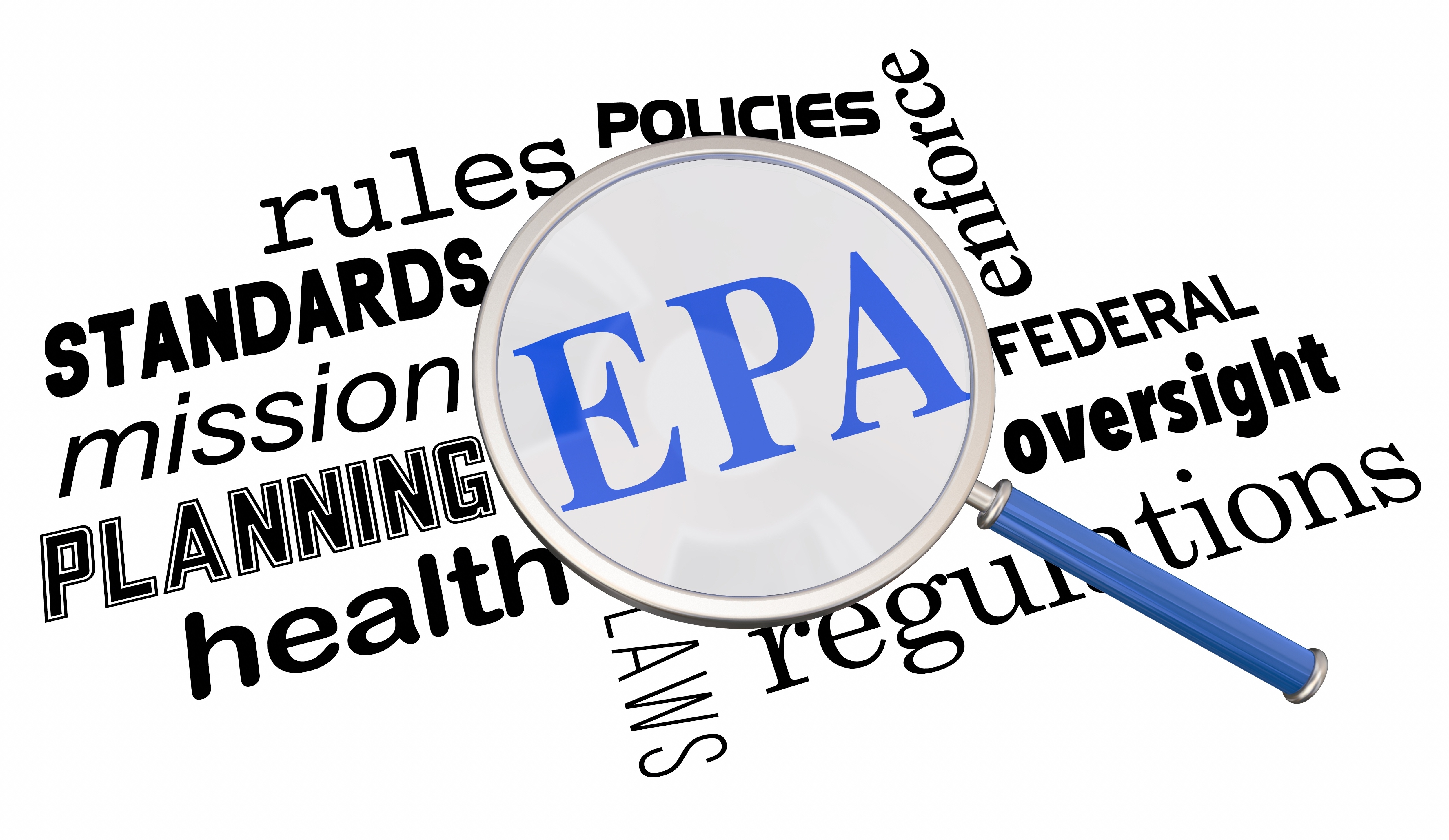

.jpg)

